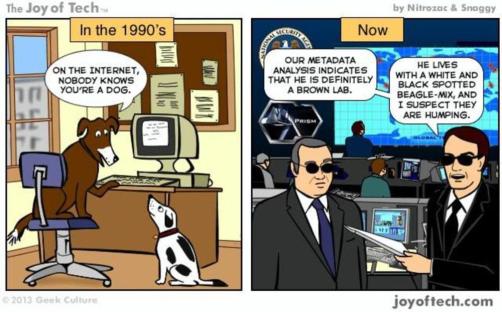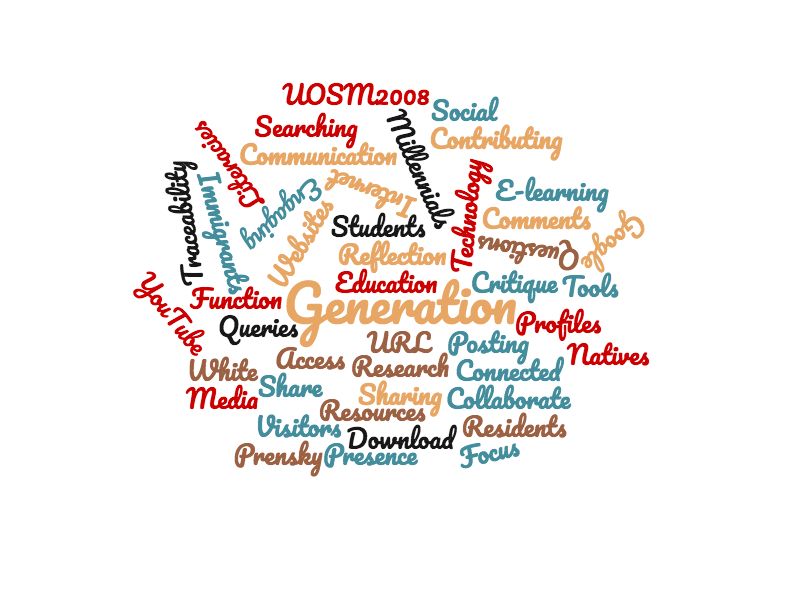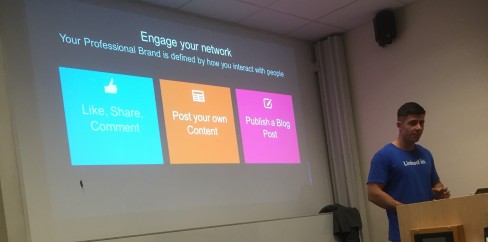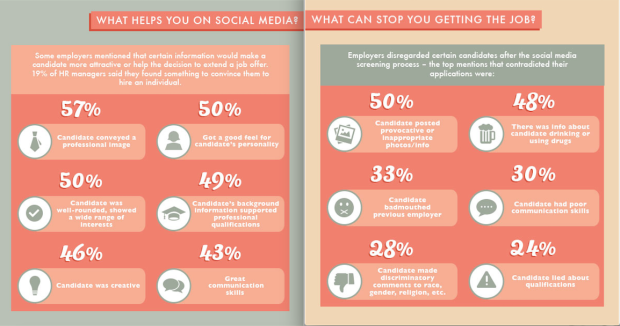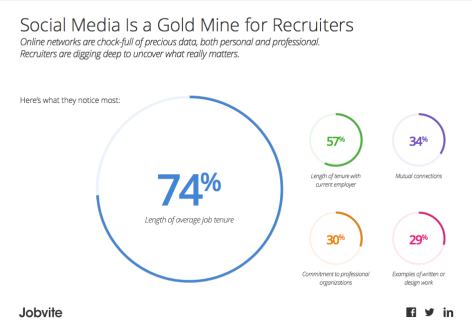
Topic 3: Building a professional digital profile
Created using Canva
Regardless of whether you are just joining the professional scene or are already a part of it, having something that will make you instantly recognisable and makes you stand out from the crowd is essential. In the digital age, creating a professional online profile and building your ‘personal brand’ is quickly taking job hunting to a new level.
Continue reading →



